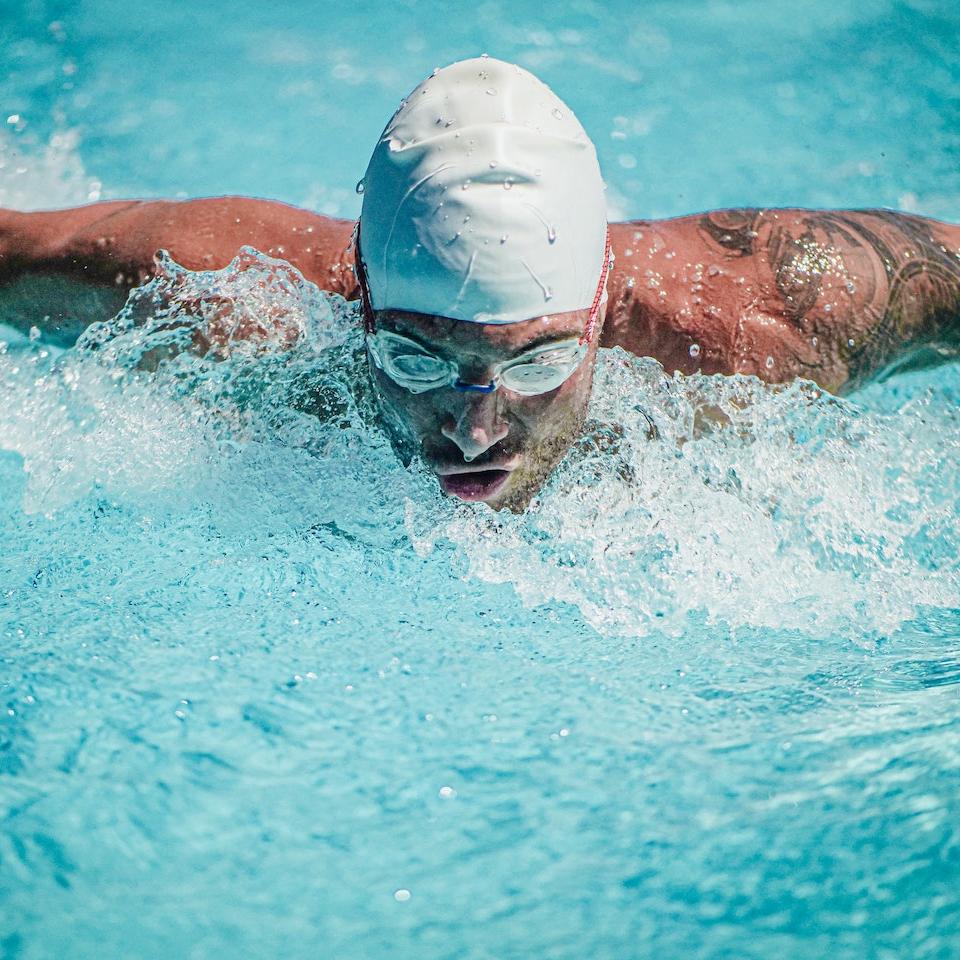
Improving the performance of elite athletes
Researchers from the University of South Wales have worked with elite athletes, coaches, and sport science support staff to help them prepare for major competitions.
How athletes, coaches, and sport science support staff prepare psychologically before a competition can affect how well they perform. Therefore, national governing bodies (NGB) across sports want to use the most effective methods to help elite performers cope with the demands of high-level events.
Researchers from the University of South Wales (USW) set out to discover best practice for coaches, athletes, and support staff in pre-competition preparation.
Preparing for competition
Working closely with government agencies, NGBs, and training and education providers such as the Football Association of Wales (FAW), British Association of Sports and Exercise Sciences, Sport Wales, and UK Coaching, the research team looked at how coaches, support staff and athletes develop talent and prepare for competition.
Their research focused specifically on reflective practice and how this can help individuals to develop the personal and interpersonal skills that help them perform at their best. They looked at how the skills required for reflective practice can be taught and included in professional education programmes in any sector, not just sport (such as education).
The team also explored how simple biofeedback techniques (such as brief breathing exercises) can help athletes cope with the pressures of competing at major sporting events.
Improving education
Taking part in sport can help people develop transferrable life skills. However, the team’s research discovered that these skills are taught and do not develop through participation alone.
As such, improving coaching techniques and practice to enhance the personal development of athletes was another key focus of the team’s work.
The team’s research has improved the education and performance of coaches, support staff and athletes, both nationally and internationally, and has played a significant role in substantially changing and improving professional education qualifications.
For example, their work has:
- been used by the FAW to create training modules for coaches on how to build life skills development into their coaching practice as well as on how coaches can learn from their experiences through reflective practice
- been used across a range of sports to create resources and continuing professional development (CPD) programmes that help coaches develop reflective practice
- been distributed to a worldwide audience via NGB websites
- helped Welsh swimmers prepare for the often-stressful taper period that happens in the build-up to competition.
Several coaches used the psychophysiology methods developed by the team to prepare athletes for the Commonwealth Games in 2014 and 2018, where Team Wales had their best international-level results.
Along with other applied focused academics from across Wales, the research team collaborated with Sports Wales to form the Welsh Institute of Performance Science, which acts as the research arm of Sport Wales.
Their work has also had an impact outside of sport. Coleg-y-Cymoedd - one of the largest tertiary education colleges in Wales - used the team’s research to design and implement a staff CPD programme that is underpinned by reflective practice.
Research team
Professor Brendan Cropley, Professor David Shearer and Ceri Bowley – Sport and Exercise Research and Innovation Group and Applied Psychology Research and Innovation Group, University of South Wales
Research partners
Sport Wales Institute, Mind Medial, Swim Wales, FAW, and Coleg y Cymoedd.
